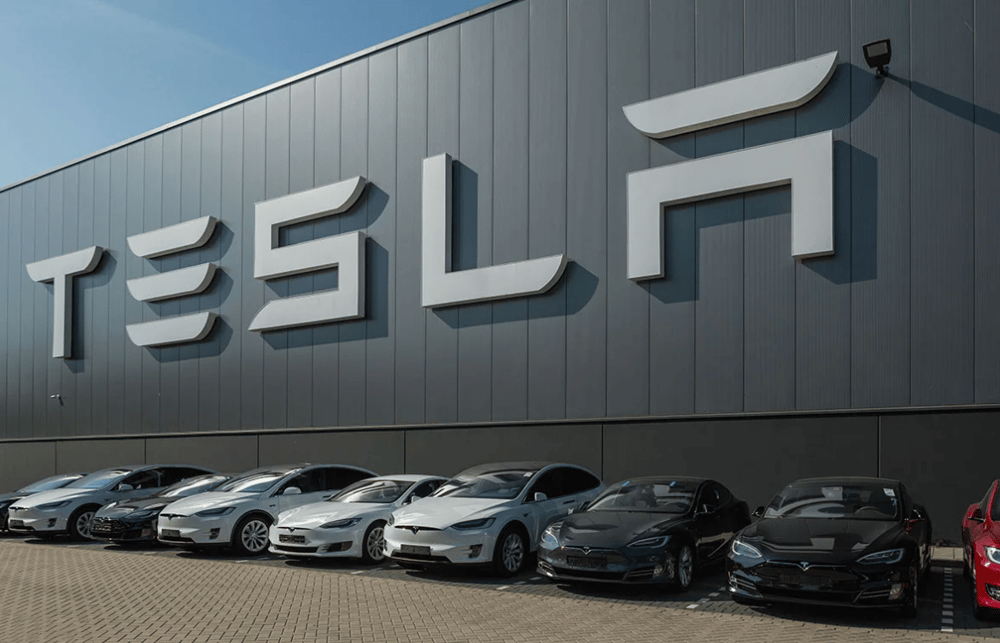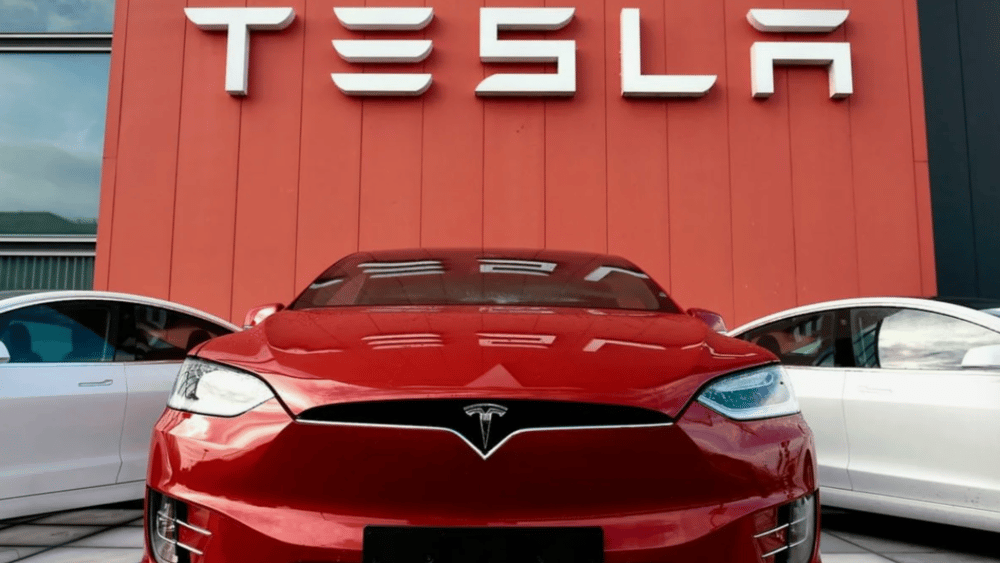Tesla Faces Controversy: Settlement Sheds Light on TSLA and Corporate Reputation Issues
This week, Tesla $TSLA again found itself in the center of public scrutiny—this time due to a high-profile racial discrimination lawsuit filed by a former employee at its Fremont factory in California. Despite the negative headlines, an unexpected resolution was swiftly reached: Tesla and former worker Rayna Pierce agreed to settle the matter out of court.
A Closer Look at the Timeline
1. Rayna Pierce, previously responsible for installing car door locks at the Fremont factory, alleged she endured racially charged remarks from one of Tesla’s managers.
2. The legal complaint described repeated references to the American history of slavery, with management using deeply offensive greetings to Black workers.
3. On Thursday, both parties informed a federal court in San Francisco that they had reached a confidential settlement.
4. Tesla confirmed the agreement but did not admit to any wrongdoing.
5. The electric carmaker has faced similar lawsuits in the past, adding to reputational pressures for the company led by Elon Musk.
Market Implications for Tesla Shares
This incident offers critical insights into the dynamics surrounding Tesla’s share price and how stakeholders perceive the company’s corporate culture. Despite news of the settlement, TSLA shares remained relatively stable. However, market analysts are increasingly turning their attention to issues of workplace ethics, HR transparency, and Tesla’s overall reputation.
Broader Risks for Tech Industry Leaders
- Public courtroom battles over discrimination are setting new expectations for social standards within the tech and automotive sectors.
- The market is evolving to consider not only financial results but also news related to ethics, corporate responsibility, and sustainable development.
- For Tesla and its industry peers, such events signal a need to review internal processes and strengthen reputational management strategies.
- High-profile cases like this draw increased attention to company accountability, regardless of whether settlements are reached outside of court.

How This May Shape the Future of the Industry
1. Encourages closer scrutiny from financial analysts on corporate culture and management practices.
2. Underscores the growing prominence of ESG (Environmental, Social, and Governance) factors in evaluating the long-term value and risk profiles of public companies.
3. Demonstrates the necessity for companies to respond quickly and transparently to workplace disputes to protect brand equity.
4. Could prompt broader industry-wide reforms in corporate ethics across America’s leading technology firms.
Expert Takeaway
Tesla’s handling of this sensitive matter underscores the delicate balance leading firms must maintain between protecting their brand, fulfilling legal obligations, and upholding evolving social norms. The outcome of this case is likely to influence both how investors approach the topic of workplace culture and how other corporations address similar challenges moving forward.















Comments
This strategic maneuver has the potential to redefine the approach to automation in the ever-evolving tech landscape